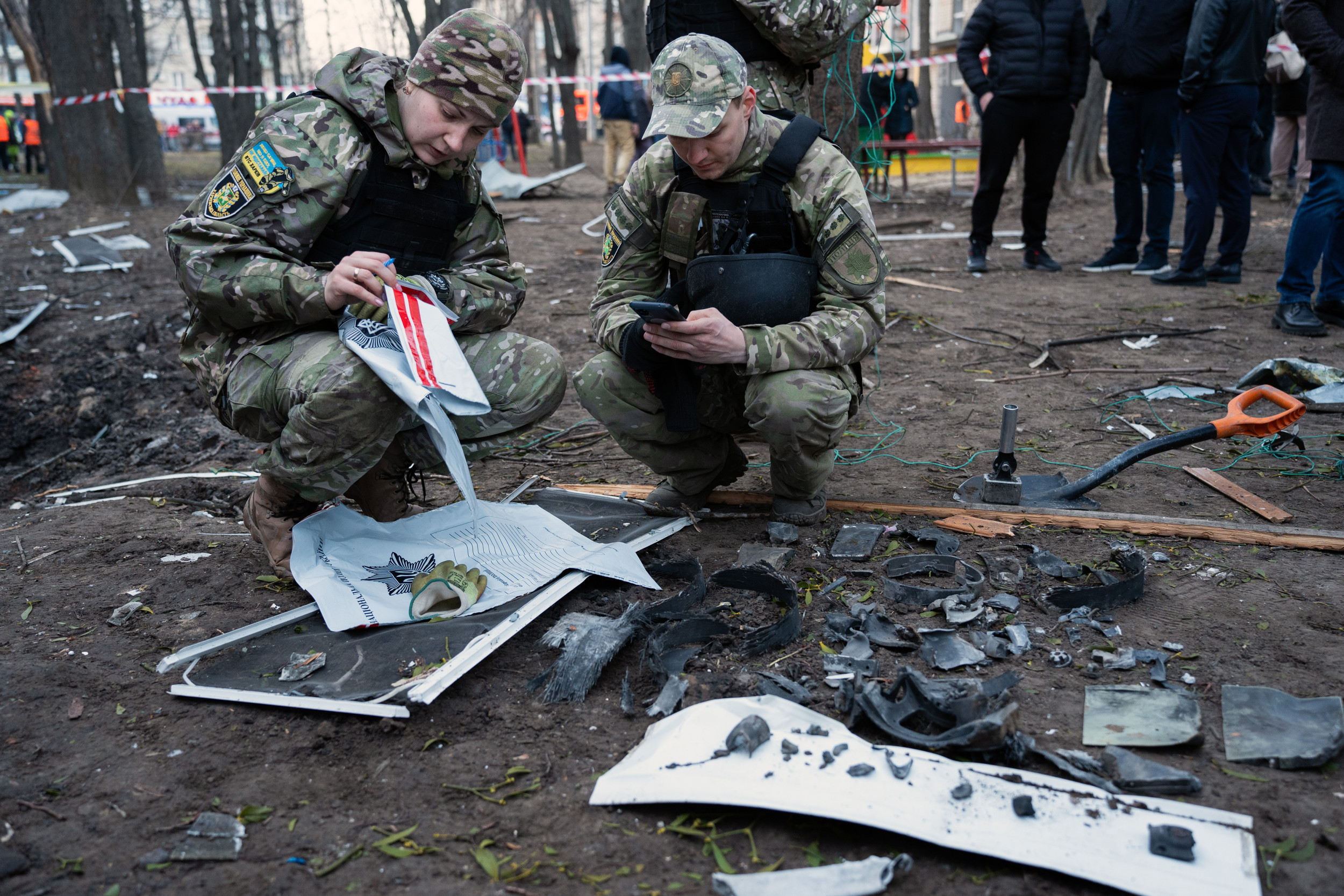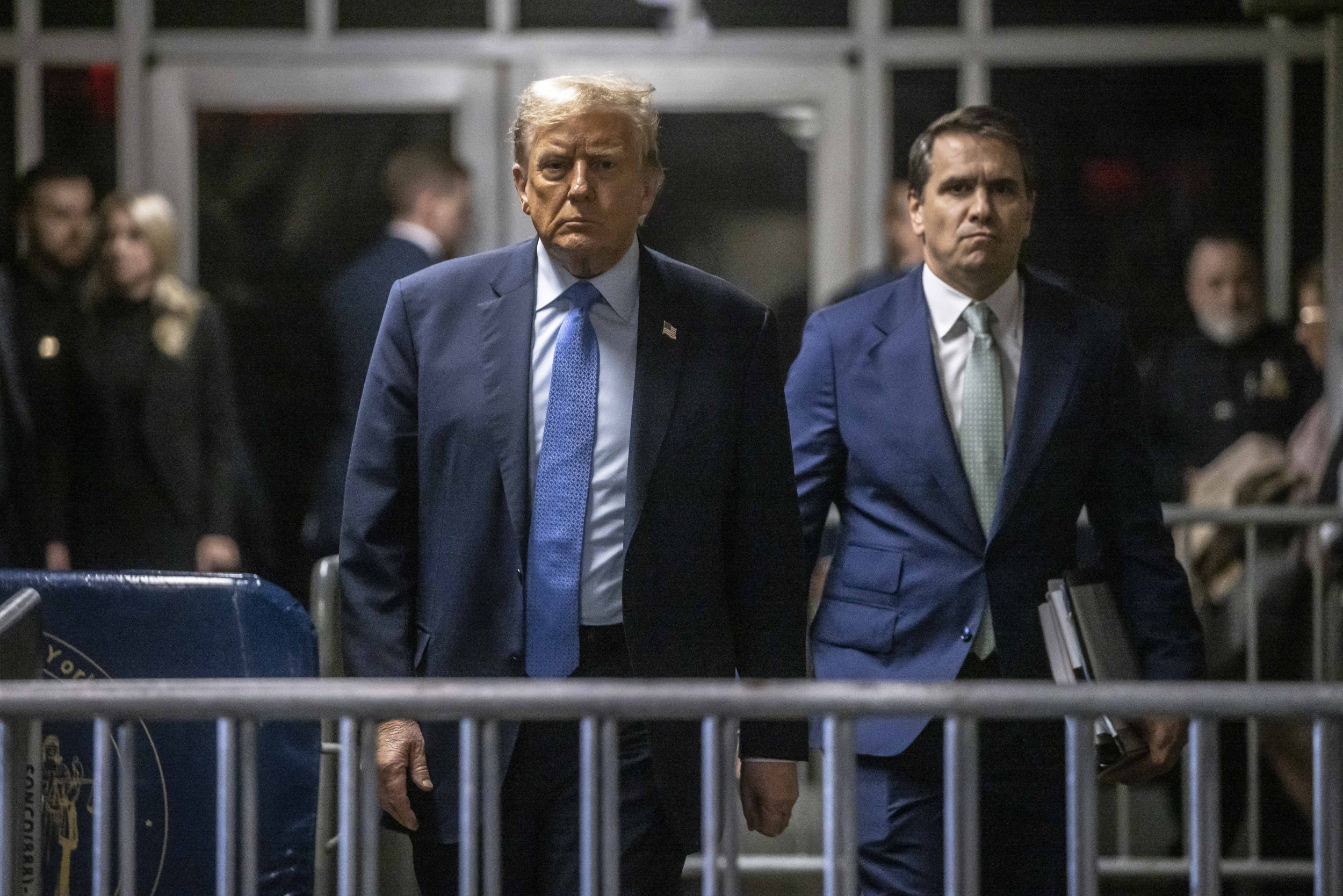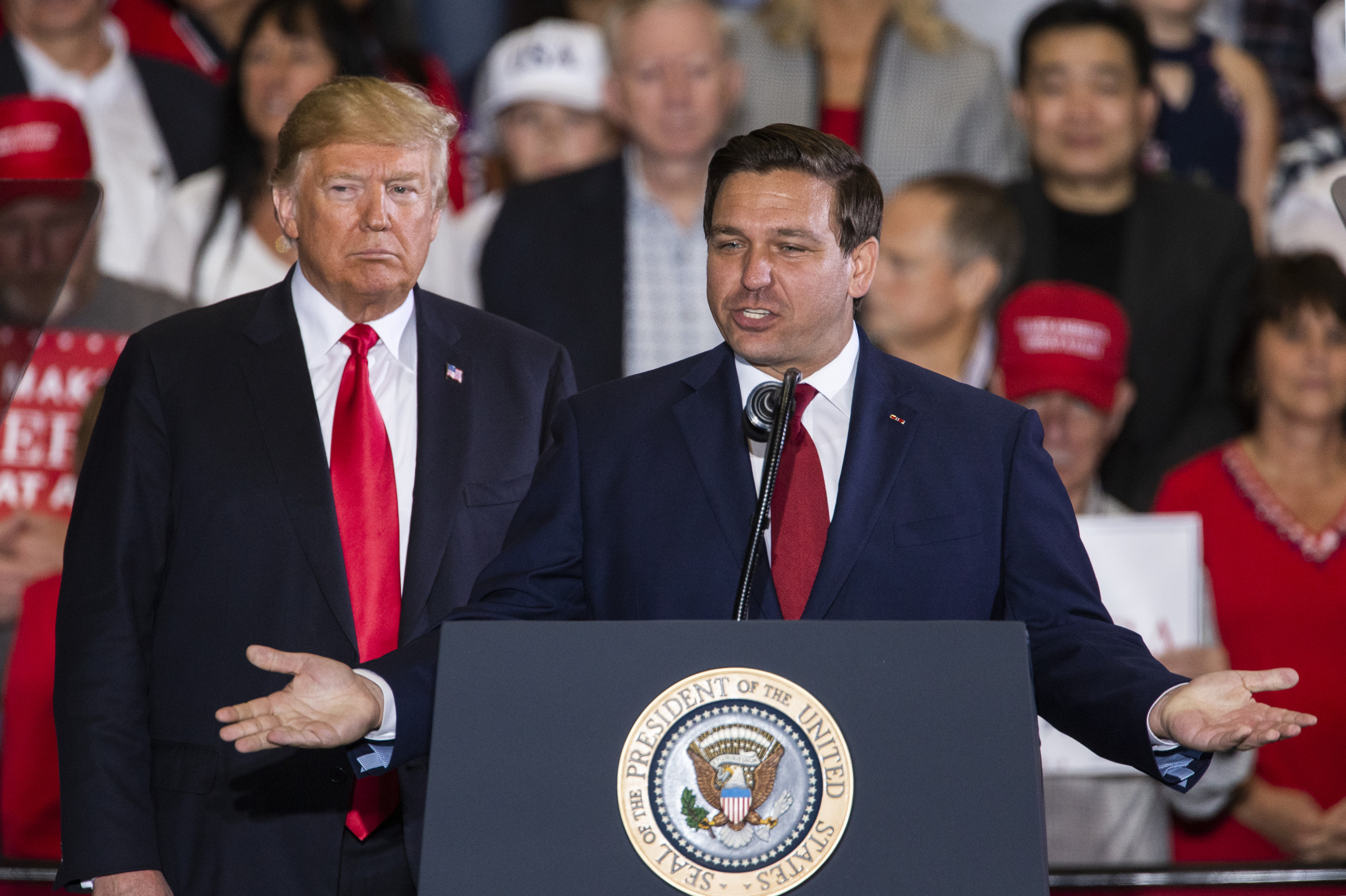"If there is no U.S. support ... it means we will go back, retreat, step by step, in small steps." These were the stark words of Ukraine's President Volodymyr Zelensky as the U.S. Congress continued to delay approving a $60 billion military aid package. Such hesitation is detrimental to Ukraine's military efforts.
"If you are not taking steps forward to prepare another counteroffensive, Russia will take them," Zelensky said. He was proved right when Russian airstrikes recently destroyed Kyiv's largest power plant. The success or failure of Russia in this war has serious implications, not just for Ukraine but for the world. The war is transforming geopolitics, and creating a new authoritarian axis of power.
Russia has drawn around it a collection of nations, perhaps more appropriately referred to as regimes. Iran has provided Russia with drones. China is helping Russia circumvent sanctions and import technologies critical to warfare. North Korea sent Russia more than a million artillery shells. Syria votes at the U.N. General Assembly in support of Russia. These countries share a crucial feature: They all have similar ideas about human rights.
Authoritarian regimes are designed to deny rights and freedoms. The existence of free nations, where human rights are protected and upheld, presents a threat which strikes at the very heart of such dictatorships. Russia's axis of authoritarianism is united in its understanding that this cannot be tolerated.
Around the world, people are increasingly losing their freedom. Global freedom declined for the 18th consecutive year in 2023. The scope and scale of deterioration were extensive, affecting one-fifth of the world's population, according to the most recent Freedom House report. This means that individuals who have the right to vote freely, to say what they think, to love whomever their hearts tell them, and to choose which gods to pray to are in the minority.

Even in developed democracies, political forces calling into question the Universal Declaration of Human Rights are gaining traction. People privileged to live in places where democracy and human rights have been well established may have started to take them for granted. They have become consumers of values. Perhaps without fully understanding the implications, they are ready to exchange their freedoms for economic benefits, promises of security, or personal comfort.
Yet, the truth is that freedom is very fragile. Once attained, the complex work to ensure that freedom persists is on-going.
This is something that Ukraine understands clearly today. And yet, President Zelensky is coming under pressure from many parties, not least the pope, to negotiate for peace. The vehemence of the response to suggestions that Ukraine should have, "The courage to raise the white flag," is driven by knowledge of the dire consequences that would result for the people of Ukraine. Russia's Vladimir Putin is not looking to negotiate; he is intending to win. Ukraine, and its allies, must operate on this basis.
When we talk about Russia's war against Ukraine, we are not only talking about a war between two states. This is a war between two systems—authoritarianism and democracy. It is a mistake to think that a war only starts when bombs begin to fall. A war has many dimensions beyond the military. There are economic, digital, information, and cultural fronts to it. Putin will utilize whatever he can to achieve his ends, whether this is the brutal execution of his enemies, or the more subtle deployment of, say, a portrayal of himself as defender of the Orthodox Church. No matter whether Western politicians recognize it or not, their countries are safe only as long as Ukraine holds the line.
Russia wants to demonstrate to the world that a state with powerful military potential and nuclear weapons can break the world order, dictate its rules to the entire international community, and even forcibly change internationally recognized borders. If Russia succeeds, it will encourage other authoritarian leaders in various parts of the world to do the same.
The U.S. and its allies must give Ukraine everything it needs to repel Russian aggression. If we hesitate for too long, Russia will take more steps forward, and developed democracies may be forced to pay the price with the lives of their own citizens. As Zelensky put it, "If Ukraine falls, Putin will divide the world." Now is the time to prevent this. We cannot hesitate. We must act together.
Oleksandra Matviichuk is a Nobel Peace Prize winning Ukrainian human rights lawyer and civil society leader based in Kyiv. She heads the non-profit organization Centre for Civil Liberties and is a campaigner for democratic reforms in her country and the OSCE region.
The views expressed in this article are the writer's own.
Uncommon Knowledge
Newsweek is committed to challenging conventional wisdom and finding connections in the search for common ground.
Newsweek is committed to challenging conventional wisdom and finding connections in the search for common ground.
About the writer
To read how Newsweek uses AI as a newsroom tool, Click here.








